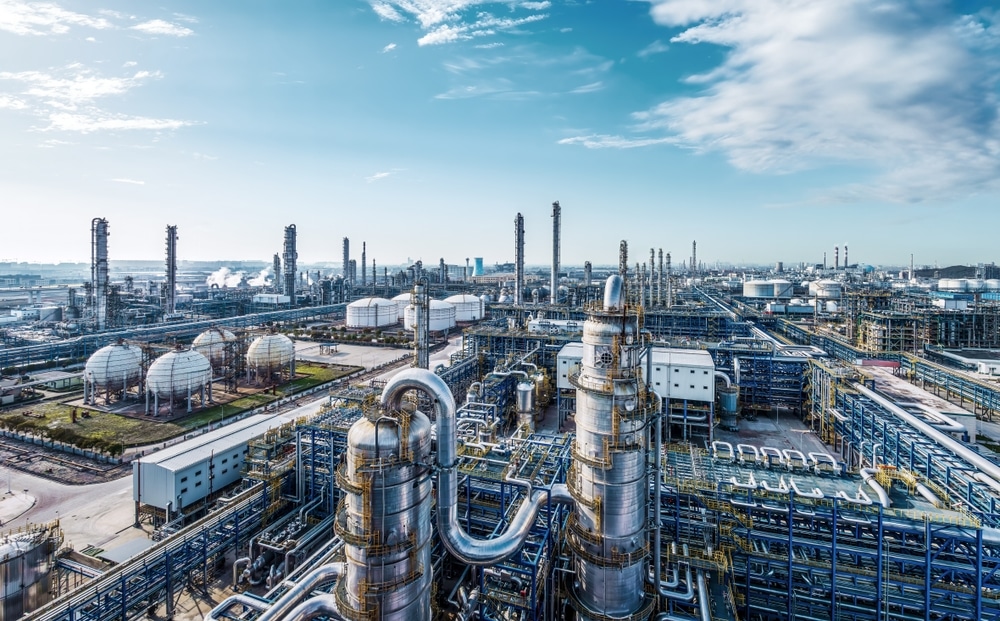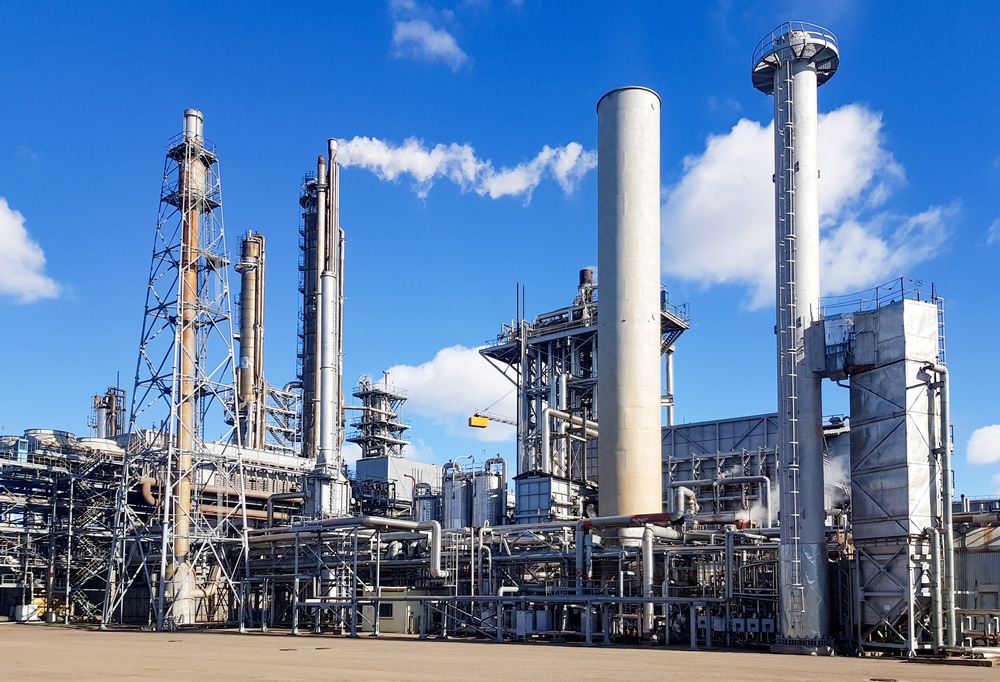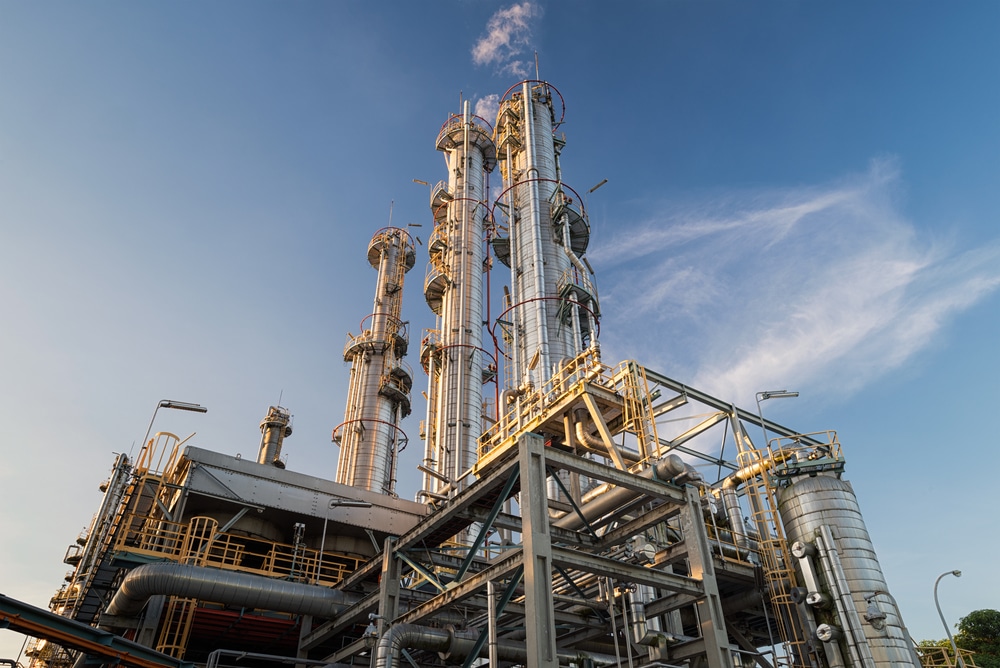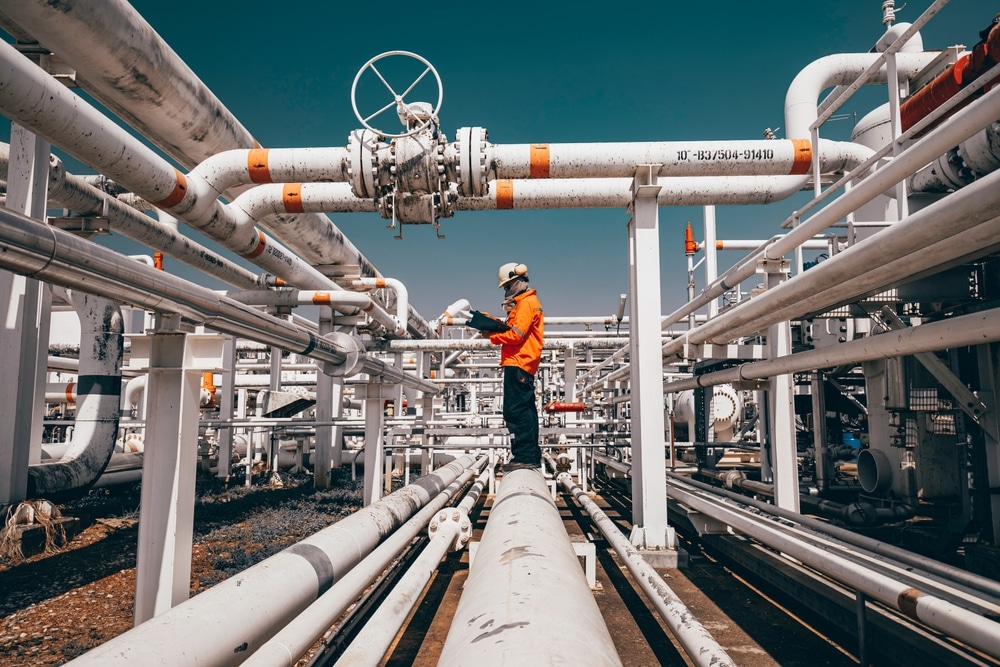The chemical industry involves the production of chemicals and their derivatives, which are used in a wide range of applications from agriculture to manufacturing. This industry converts raw materials such as oil, natural gas, air, water, metals, and minerals into thousands of different products.
Some of the key processes in the chemical industry are Chemical Synthesis, Distillation and Catalysis.


Chemical synthesis is the controlled process of creating chemical compounds from specific reactants, often using catalysts. It employs strategies like multistep, divergent, convergent, and one-pot synthesis to achieve target products. After reactions, purification is needed to isolate the final product and remove impurities. This process is essential for making products ranging from pharmaceuticals to industrial chemicals.
Chemical synthesis involves reactions that often run at elevated pressures and temperatures, sometimes with corrosive or toxic chemicals. Badotherm diaphragm seal systems protect the sensitive pressure sensor from aggressive process media. This ensures accurate measurement even in corrosive environments (e.g., acids, chlorides). Overpressure can lead to explosions or leaks—Badotherm’s precise monitoring helps operators stay within safe pressure limits.

Distillation is a separation technique that heats a liquid mixture to form vapor and then cools it to collect the condensed liquid, using differences in boiling points to separate components by volatility. It is widely used to purify liquids, produce high-purity solvents, separate crude oil into fractions, and manufacture alcoholic beverages, making it essential in both laboratory and industrial settings.
Distillation relies on boiling point differences—and boiling points change with pressure. Lowering pressure (vacuum distillation) reduces boiling temperatures, protecting heat-sensitive compounds. Maintaining consistent column pressure ensures predictable separation and product purity. Badotherm’s pressure transmitters with diaphragm seals deliver accurate, stable pressure readings even under vacuum or variable conditions, ensuring precise control of operating pressure.

Catalysis refers to the acceleration of chemical reactions by substances called catalysts, which are not consumed in the reaction and can be used repeatedly. Catalysts work by lowering the activation energy required for a reaction to occur, thereby increasing the reaction rate. This process is crucial for enhancing the efficiency and selectivity of chemical processes, enabling the production of a wide range of products, from fuels and pharmaceuticals to plastics and fertilizers. Catalysis is fundamental in both industrial applications and environmental technologies, such as reducing emissions from vehicles.
Catalysis depends on carefully controlled reaction conditions—pressure, temperature, and concentration directly affect reaction rate and selectivity. Badotherm’s pressure transmitters with diaphragm seals provide high-accuracy, real-time pressure measurements, essential for maintaining these conditions. Stable pressure control ensures the catalyst operates at optimal efficiency, maximizing yield while minimizing by-products.
| Cookie | Duration | Description |
|---|---|---|
| cookielawinfo-checkbox-analytics | 11 months | This cookie is set by GDPR Cookie Consent plugin. The cookie is used to store the user consent for the cookies in the category "Analytics". |
| cookielawinfo-checkbox-functional | 11 months | The cookie is set by GDPR cookie consent to record the user consent for the cookies in the category "Functional". |
| cookielawinfo-checkbox-necessary | 11 months | This cookie is set by GDPR Cookie Consent plugin. The cookies is used to store the user consent for the cookies in the category "Necessary". |
| cookielawinfo-checkbox-others | 11 months | This cookie is set by GDPR Cookie Consent plugin. The cookie is used to store the user consent for the cookies in the category "Other. |
| cookielawinfo-checkbox-performance | 11 months | This cookie is set by GDPR Cookie Consent plugin. The cookie is used to store the user consent for the cookies in the category "Performance". |
| viewed_cookie_policy | 11 months | The cookie is set by the GDPR Cookie Consent plugin and is used to store whether or not user has consented to the use of cookies. It does not store any personal data. |